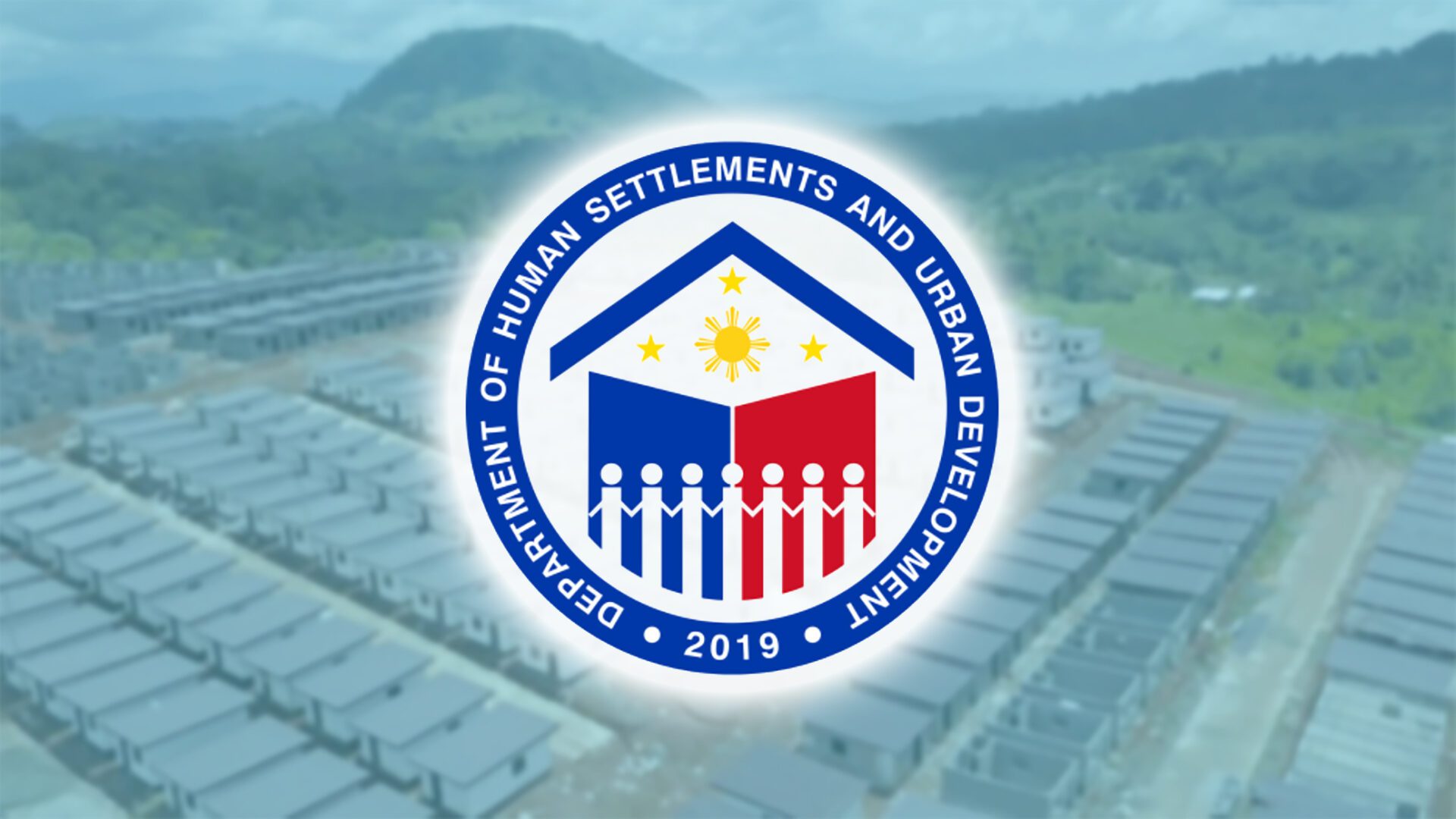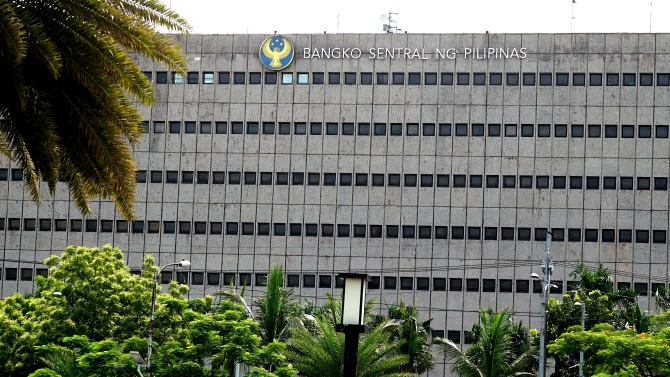The country cannot afford even “1 percent” of corruption in housing and urban development, Department of Human Settlements and Urban Development (DHSUD) Secretary Jose Ramon Aliling told developers at a summit, urging the private sector to join government in cleaning up the pipeline.
“Even 1 percent of corruption is unacceptable. Both the private sector and the government should work together to achieve zero corruption in the housing sector,” Aliling said at the Organization of Socialized and Economic Housing Developers of the Philippines (OSHDP) Affordable Housing Summit on Tuesday.
“Let’s show them that the housing sector can do this and so we can inspire others to do the same. Let’s help President [Ferdinand] Marcos fight corruption,” he added.
Aliling said the department is pushing a series of reforms under an eight-point agenda that includes a zero-tolerance policy for graft, streamlined permitting, and digitalization of frontline services—measures he said are meant to speed up project delivery and improve transparency.
He also pointed to early signs of private-sector backing for the administration’s expanded Pambansang Pabahay para sa Pilipino (4PH) program, noting that at least 42 developers have pledged to deliver more than 250,000 socialized housing units over the next three years.
The DHSUD secretary’s remarks came as the Marcos administration confronts widening allegations of irregularities in public works.
The president has ordered probes into “ghost,” or nonexistent, and substandard flood-control projects after surprise inspections in recent weeks, and the Commission on Audit has called for a broader review.
Aliling, a civil engineer by training, was appointed DHSUD secretary in May, succeeding Jose Acuzar following a Cabinet reshuffle. He has pledged to fully digitize key DHSUD services by 2028 and to tighten governance in housing programs.
OSHDP’s annual summit, held this year in Quezon City, gathered developers, financiers and policymakers to discuss affordability, land access and delivery bottlenecks amid a long-standing housing backlog.
Industry groups have welcomed stronger anti-graft messaging but said sustained progress will hinge on consistent enforcement, predictable permitting and on-time national and local government counterpart obligations for socialized housing sites.
Aliling said DHSUD will continue to consult with developers, urban poor organizations and civil society groups as it recalibrates the 4PH program to include rental and rehousing options alongside traditional ownership models.
“Zero tolerance must be more than a slogan,” Aliling said. “It has to be the standard from planning to turnover, in both government and private projects,” he added.





